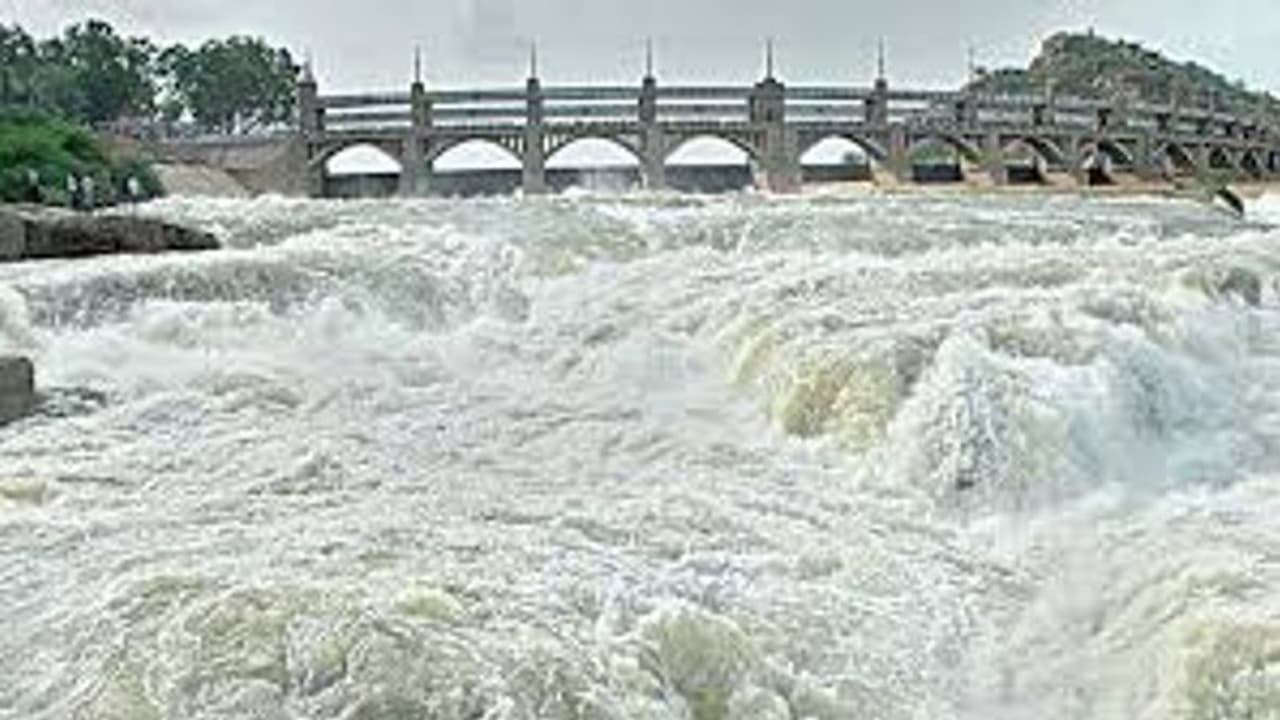SC has rejected Tamil Nadu’s plea against Karnataka’s proposed Mekedatu Balancing Reservoir on Cauvery River. The Court said only expert bodies like the Cauvery Water Management Authority and Cauvery Water Regulation Committee can assess for now.
A bench of the Supreme Court comprising Chief Justice B.R. Gavai, Justice K. Vinod Chandran and Justice N.V. Anjaria refused to entertain Tamil Nadu’s plea against Karnataka’s plan to construct the Mekedatu Balancing Reservoir along the Cauvery Rive, according to Live Law. The court said the matter was ‘premature’ because only the Detailed Project Report (DPR) is being prepared and full approval from expert bodies has yet to be given.
Why did the court call the plea ‘premature’?
The court pointed out that the order from the Central Water Commission (CWC) was merely permitting the preparation of the DPR, not approving the reservoir outright.
It noted that both the CWMA and CWRC must give their opinion before any final approval.
In its August 25, 2023 order, the SC had already said it did not possess the technical expertise to decide such matters, and that expert bodies should handle them, the Live Law report added.
What are Tamil Nadu’s concerns?
Tamil Nadu argued that Karnataka’s project could adversely affect its share of Cauvery water, especially since farmers in the state depend heavily on the flows.
It claimed the reservoir is being built at a higher altitude than where Tamil Nadu receives water (at Biligundlu measuring station), which might affect the downstream release.
Karnataka stand on the matter
Karnataka’s side, as represented in court, argued that the state is already bound by earlier orders to release 177.25 TMC of Cauvery water to Tamil Nadu.
Therefore, Karnataka claimed the reservoir project is legitimate and that Tamil Nadu’s plea was ‘misconceived’ at this stage.
SC ruling’s significance for water sharing and future steps?
The ruling means that until the DPR is finalised and expert bodies approve the project, the court will not intervene. The SC also reiterated that Karnataka remains bound to comply with previous water-release orders, or else risk being found in contempt of court.
If the DPR is approved in future, Tamil Nadu has the right to challenge it legally.
In short, the Supreme Court did not reject Tamil Nadu’s concerns outright, rather, it said it is not the right stage for the judiciary to step in. The matter remains in the domain of specialist agencies and the water sharing dispute continues. The decision reminds both states that expert review and procedure must be followed before a final outcome is reached.
